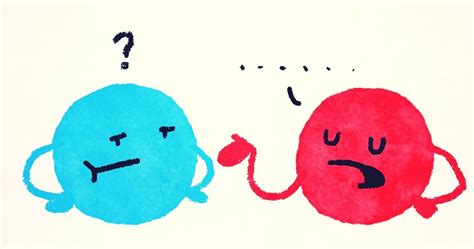By Mayra Miranda
My fondness for math and science is rooted in my childhood. I am originally from Peru, but I moved to the United States of America at the age of two. The only language I grew up knowing was English.
Even when I was young, I had an inclination towards science. But I had no idea how changing countries, and having to master more than one set of language skills, was going to influence my academic career. Sometimes, I doubted my potential because of language barriers.
Consequently, eight years later, my interest in science got even stronger after moving back to Peru. I knew nothing but English. I felt pressure and anxiety to learn to express myself in Spanish, but it took time and effort. I had to repeated things multiple times for people to understand me, and this frustrated me. I also felt frustrated when someone thought that I was speaking another language when I was speaking Spanish!
I really struggled with my insecurities due to my language barriers. My peers would constantly mock my grammar: I felt isolated from everyone else and did not enjoy speaking in Spanish, so I restrained myself from engaging in a conversation. For this reason, I doubted my own intelligence, which prevented me from socializing.
My fractured Spanish caused me to engage more with math because of its universality. What is fascinating about math is that the quadratic formula never changes, and remains the same in every country and language. Moreover, I realized that I have a genuine interest in math and science; both these disciplines help me understand our world. Math’s simplicity and impartiality are attributes that I praise it for. There’s no gray area or dilemmas; everything has an obvious explanation backed by clear evidence.
Math is objective and unbiased. For instance, it is irrefutable that fractions with a zero denominator are undefined. No one can ever create a valid argument against that. We can solve a certain problem in various ways and still get the same answer. After my sophomore year in Peru, I have now moved back to the United States of America permanently to finish high school and to pursue a college degree in Environmental Sciences or Chemistry.
For most bilingual persons, there is usually one language that supersedes another. In my case, that would be English because it was the language I was taught since infancy. Even though my extended family primarily spoke Spanish, I was not able to speak fluent Spanish until I moved back to Peru.
Once there, I was exposed to an unfamiliar language that my family was not able to teach me, so I was forced to learn a whole new language by myself. Of course, I had tutors to instruct me, but most of the time I did not understand them. I had to study A LOT in order to make sense of what people spoke. I had to read kindergarten Spanish books, and sometimes I felt it was beneath me, but I had to do it.
Eventually, I gained the ability to speak a mediocre form of Spanish, but I was still embarrassed by my voice. I felt that people would scrutinize my sentence structure, or automatically became grammar Nazis, if I said something grammatically incorrect.
The bottom line is that I still make mistakes when I speak or write in both languages. However, I believe the most essential part of language is how you express yourself. That is why I am in the Newspaper Club. I want to express myself about the issues that I true care about. Issues that are undermined by some people, and that simultaneously provoke other people.
I am trying to break through these barriers by expressing what I want to say without feeling criticized. That is beauty of this club. You have the liberty of your imagination. Grammar comes with restricting guidebooks and taboos, but your ideas do not.
I now appreciate that I am reasonably proficient in both languages because this gives me more employment opportunities along with new perspectives on a world full of diverse social and cultural interactions. Also, being bilingual will certainly be helpful for future traveling, since Spanish and English are two of the most pervasive languages in the world.
